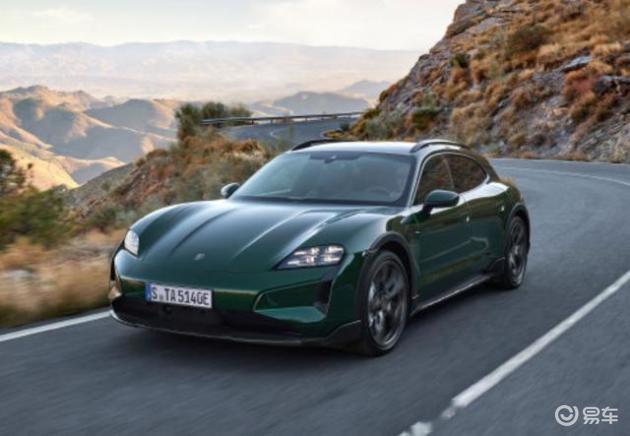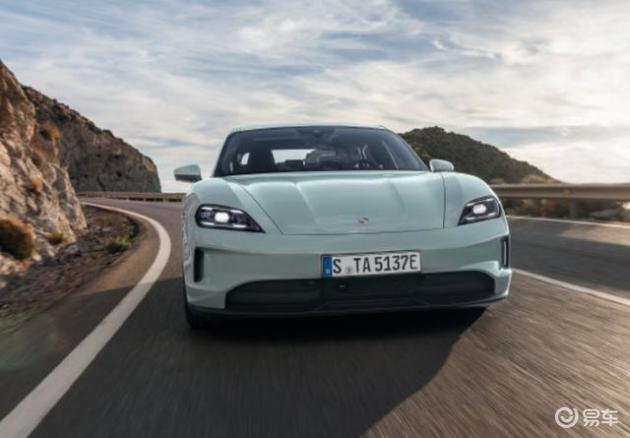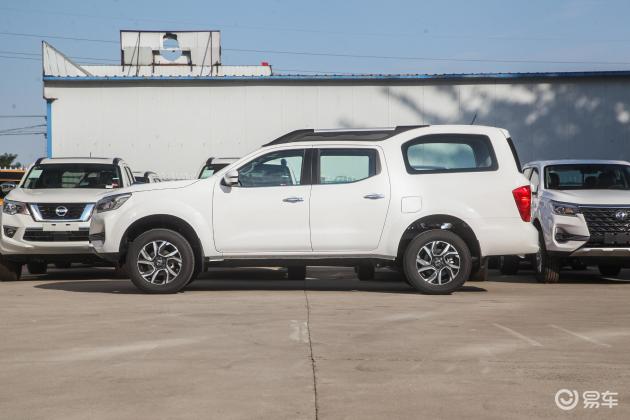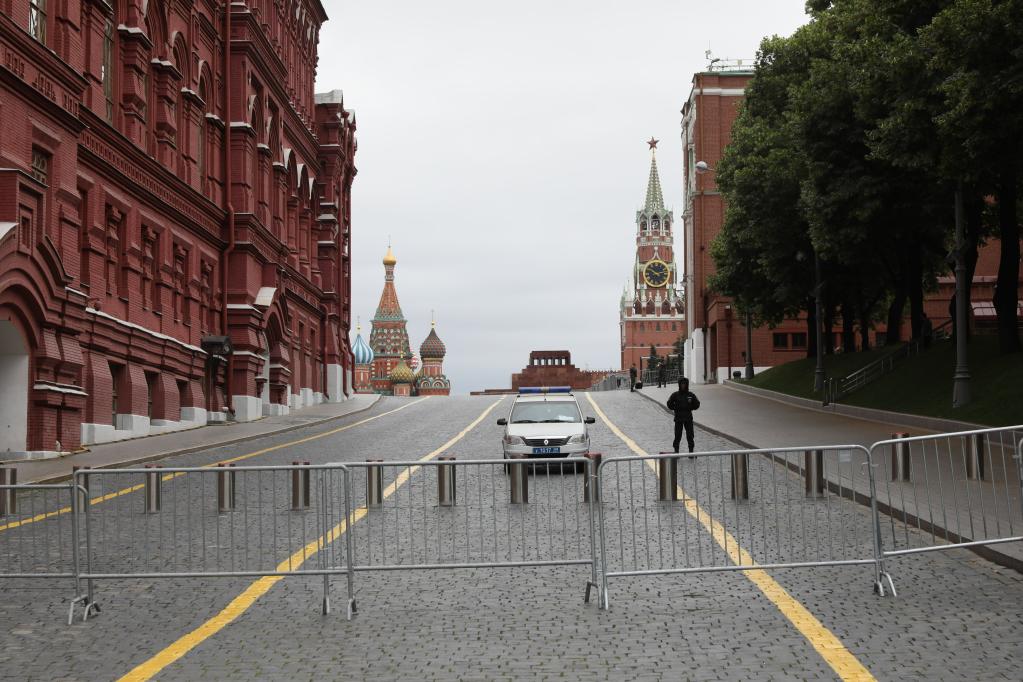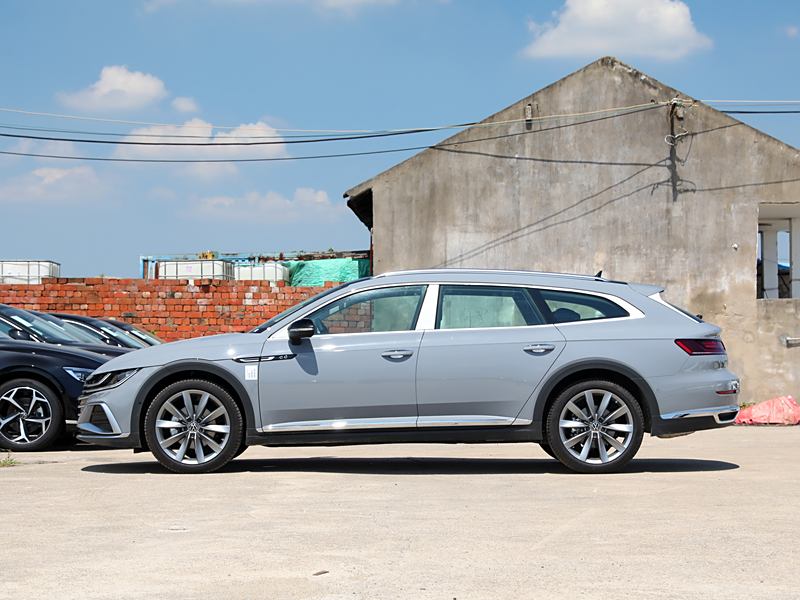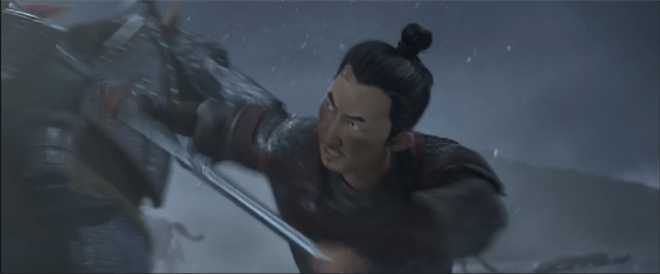Russians accept the "new reality" in the "normalization" of the Russian-Ukrainian conflict
Xinhua News Agency, Moscow, March 14 (Reporter Hua Di) It has been more than two years since the Ukrainian crisis escalated in an all-round way. In the face of continuous war and western sanctions, the Russian people’s mentality has changed from initial fear and anxiety to gradual acceptance and rational treatment, and they have begun to adapt to and accept many "new realities" brought about by the conflict and turn their main energy back to their daily lives.
There is no doubt that this special military action launched by Russia against Ukraine has also had a great impact in Russia. Now,While people are feeling the pressure and anxiety of life, patriotism is high, and President Putin’s domestic support rate remains high.
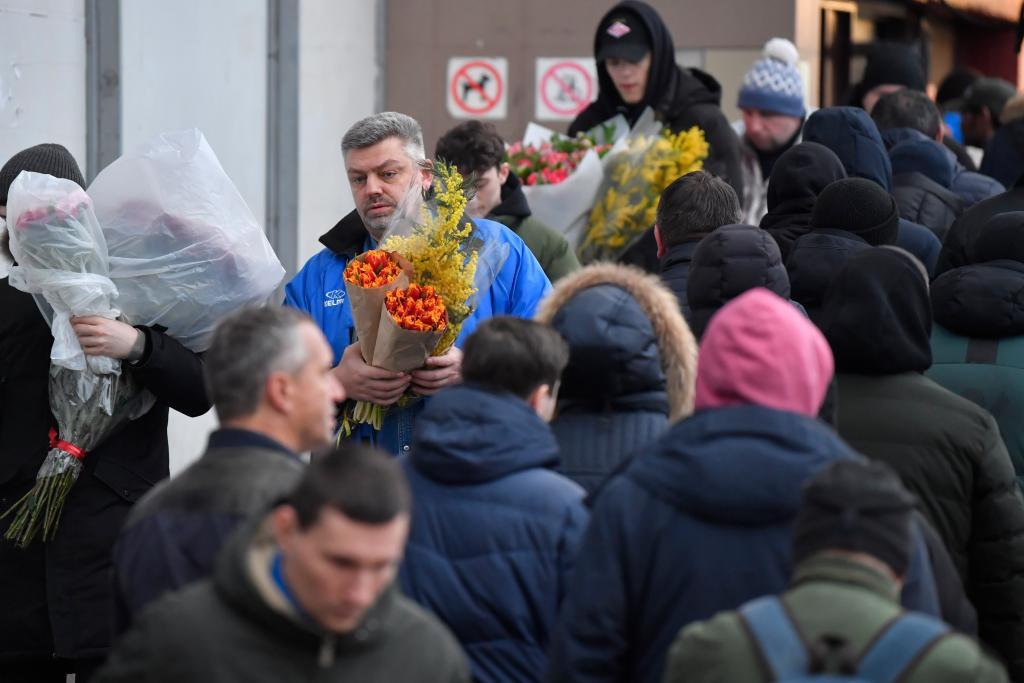
On March 8, citizens holding flowers walked on the streets of Moscow, the Russian capital. Xinhua News Agency (photo by Alexander)
"Daily Anxiety" Replaces "Military Anxiety"
According to a survey released by the Russian Center for Public Opinion Research at the end of December 2023, the special military action launched by Russia against Ukraine in February 2022 is still the "major event" that Russians pay attention to, but its proportion of attention has dropped from 62% in 2022 to 22% in 2023, which is almost two-thirds.
According to Valery Fedorov, director of the center, special military operations have been "normalized" in media reports. "This happens when the relevant news is overwhelming. Special military operations are still important, but relevant reports are saturated, people are commonplace, and the response to it is no longer so strong. "
At present, the "anxiety level" of Russian society as a whole about this special military action has declined. After analyzing the posts and comments on media news and social networks, Russian sociological researchers come to the conclusion that "military anxiety" in Russian society is being replaced by "daily anxiety" such as "economic anxiety".
Analyst Andrei lebedev said: "Military mobilization and Western sanctions that caused serious panic in 2022 are no longer a concern."
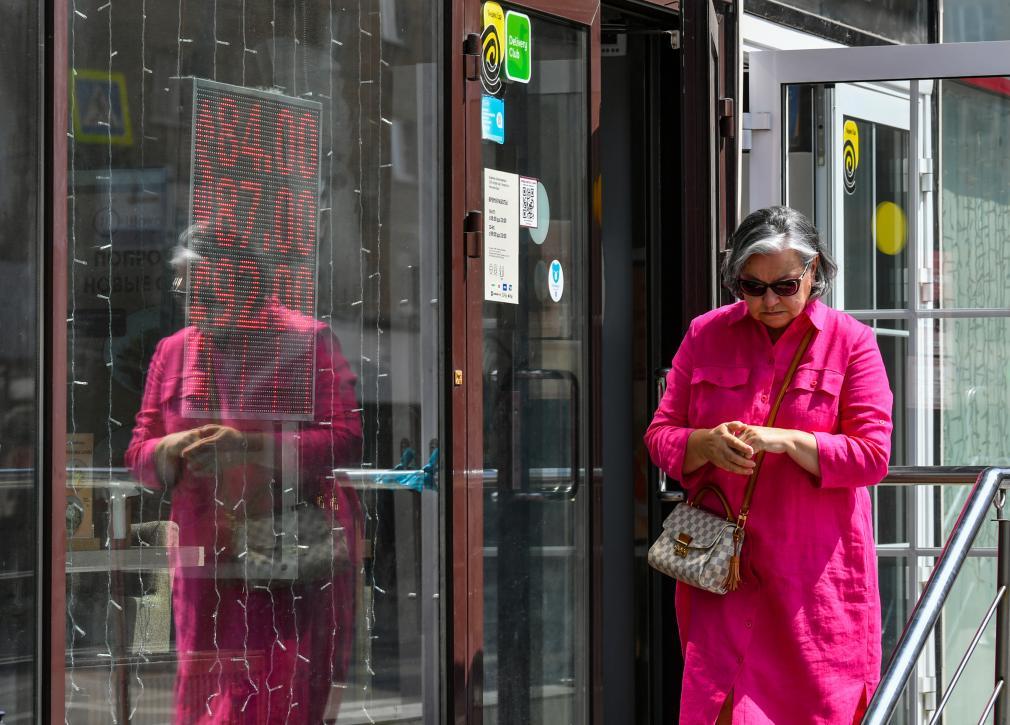
On June 26, 2023, in Moscow, the Russian capital, pedestrians passed a foreign exchange point. Xinhua News Agency reporter Cao Yangshe
Xinhua News Agency reporters also felt this change in their daily interviews. Aigul, the tour guide, said, "Slowly, I adapted to the new reality. People can always adapt to anything." Yuriya, an online ticket seller of a large-scale entertainment event, believes that the special military action has not affected everyone’s pursuit and preference for entertainment activities. "On the contrary, our work intensity is even greater than before, because the demand is increasing, and our company is recruiting more employees."
However, the influence of military conflict and western sanctions is still significant. For ordinary people, the first impact is the price. Alexander, a retired old man, said in an interview that he "feels very obvious" about the rising prices. "It is difficult to maintain my life by simply relying on my pension, so I have to continue working now."
Moscow citizen Olexia is also worried about the increasing daily expenses. "Everything from new cars to dental services is going up in price. Some time ago, the washing machine of the tenant’s house broke down. It cost me 25,000 rubles (about 2,000 yuan) to replace the original parts, and this does not include the cost of workers’ home maintenance. "
Sociologists pointed out that since the long-term planning of individuals or families, which has been greatly reduced by most people since the overall escalation of the Ukrainian crisis, has not fully recovered, and the related anxiety brought by the Russian-Ukrainian conflict to Russian society has not completely disappeared. For people in Russian border areas near the front line of the conflict, security is still the primary concern.
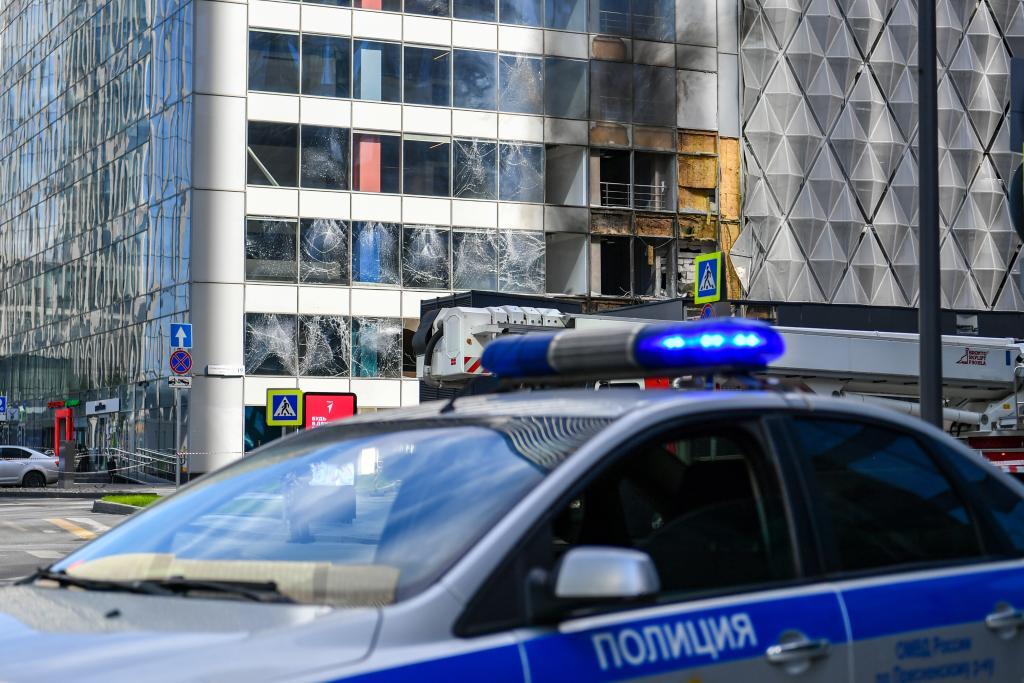
The Russian Ministry of Defence confirmed on July 30, 2023 that three drones attacked the Russian capital Moscow that morning. One of the drones was destroyed by the air defense system, and the other two drones were out of control after being electronically suppressed and crashed in non-residential areas. The picture shows a building attacked by drones in Moscow. Xinhua News Agency reporter Cao Yangshe
Patriotism is high.
In the context of the ongoing conflict, Russian patriotism continues to rise.Polls show that 91% of Russians consider themselves patriots. 81% of the respondents said that they would participate in volunteer activities more actively than 10 or even 15 years ago. This figure is the highest since the relevant survey in 2018.More and more people take the initiative to participate in front-line assistance, help collect and transport humanitarian supplies, and donate money for soldiers.
Talking about the impact of the Russian-Ukrainian conflict on the family, Natalia, an otolaryngologist who works in a clinic in Moscow, told Xinhua that the upsurge of patriotism among the whole people had a great impact on her and her family. Natalia’s eldest son is 15 years old and has actively participated in many volunteer activities related to fundraising in the past two years. "He decided to apply for medical school because he wanted to be a military doctor and treat those who were injured in the war."
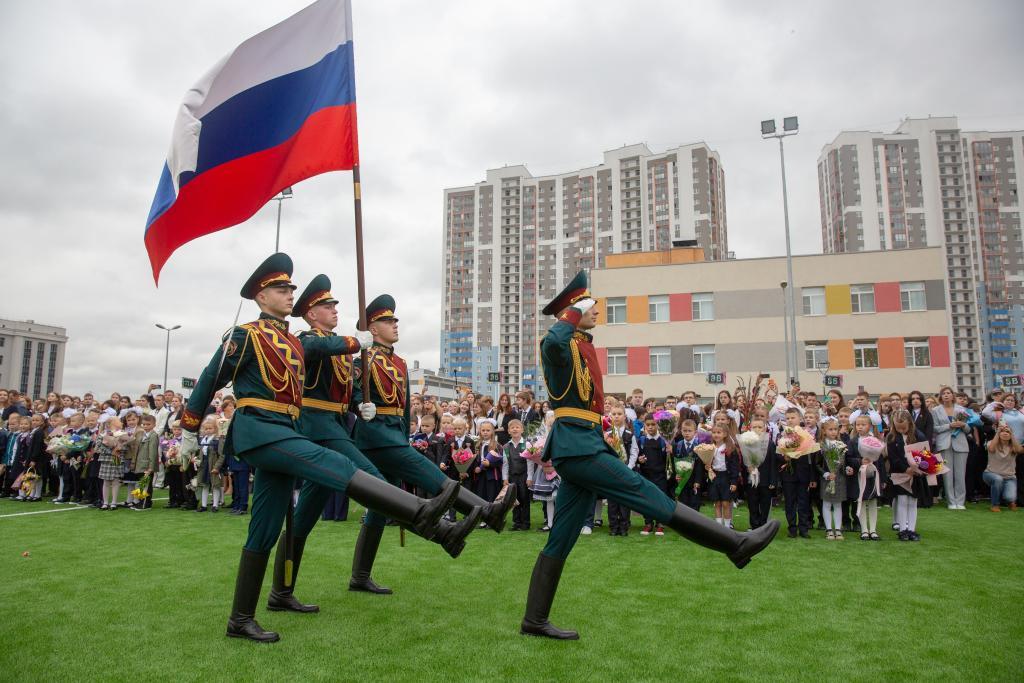
On September 1, 2023, the flag-raising ceremony was held at the opening ceremony of the 362nd school in St. Petersburg, Russia. Xinhua News Agency (photo by Mo Jingna)
Experts explained that the high patriotic sentiment should be attributed to the Russian government’s series of measures to strengthen sovereignty and national interests, and secondly, the government’s more active support for patriotic activities. Starting from 2023, all primary and secondary schools in Russia will have a class called "Talking about Important Matters" every week, aiming at "strengthening Russian traditional spirit and moral values" and "cultivating patriotism among young people".
Encouraged by patriotism, Russian society generally has confidence in the future. According to a poll released by the Russian Public Opinion Research Center in December 2023, about three-fifths of the respondents believe that 2024 will be a smooth and successful year for Russia. This ratio even reached the highest value in the past 20 years. In addition, more than half of the respondents claimed that they would leave the old year and welcome the new year with a good mood and optimism, which is the highest number since the relevant survey in 2006.
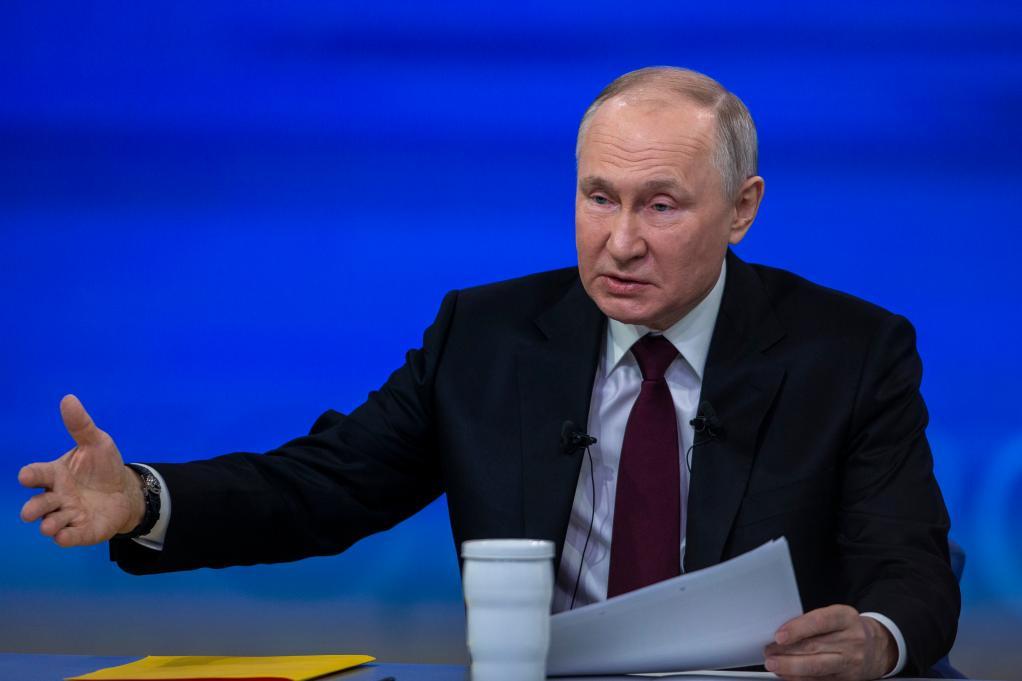
On December 14th, 2023, Russian President Vladimir Putin spoke at the "Annual Inventory" held in the capital Moscow. Xinhua News Agency reporter Cao Yangshe
Putin supports maintaining a high position
According to a poll conducted by the Russian Public Opinion Research Center, there are two "major events" that the Russian people are most concerned about in 2024: one is Russia’s special military action against Ukraine, and the other is the Russian presidential election to be held on March 15th.
On February 29th, Putin delivered a State of the Union address, strongly criticizing western countries for attempting to interfere in Russia’s internal affairs, and demonstrating his determination to lead Russia to continue to achieve new development achievements in the context of containment and suppression. Putin said that in 2023, Russia’s economic growth rate was higher than the global level and ahead of all G-7 members. He was confident that Russia would become one of the four largest economies in the world in the near future.
Putin’s views have won the general support of the Russian people. The poll on the day of the release of the State of the Union address showed thatThe number of people who think that Russia is a powerful country has increased five times compared with 2013, and half of the respondents believe that Russia is already among the powerful countries.
"I support the long-term strategy formulated by the national leadership for the development of Russian society," said Igor, a master of Moscow State University, on his views on the State of the Union address. "I believe that Russia’s future is foreseeable, the national situation will be significantly improved, and the motherland will be strong and prosperous."
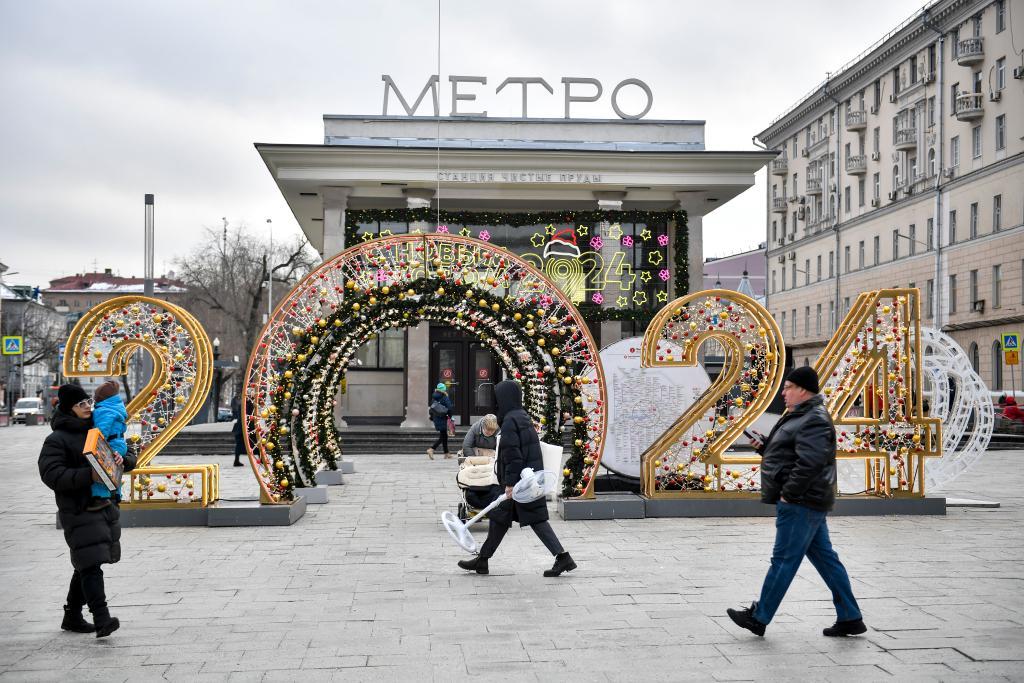
On December 22, 2023, in Moscow, the Russian capital, people walked past the New Year decorations. Xinhua News Agency (photo by Alexander)
In January, February and March, 2024, the Russian Public Opinion Research Center conducted three polls respectively. The Russian people’s trust in Putin was 79.8%, 78.9% and 79.6% respectively, and the overall trust level remained at a high level close to 80%.
Russian Presidential Press Secretary peskov told the media that Putin is supported by people of all ages in Russia, including many young people. Russian people’s support rate for Putin remains high because people support Putin’s policies. Under Putin’s leadership, Russian society is more United.
In an article published on March 8, Reuters willRussian young people are called "Putin generation" because since 1999, Putin has been holding the overall situation of national development as prime minister or president. To some extent, young people are more critical of the country’s development direction than ordinary people, and Putin has a high prestige among young people.
According to a poll conducted by Russian Yuri Levada Analysis Center in February 2024, 74% of Russians believe that the country is moving in the right direction. This proportion is 72% in the 18-24 age group and 64% in the 25-34 age group.
